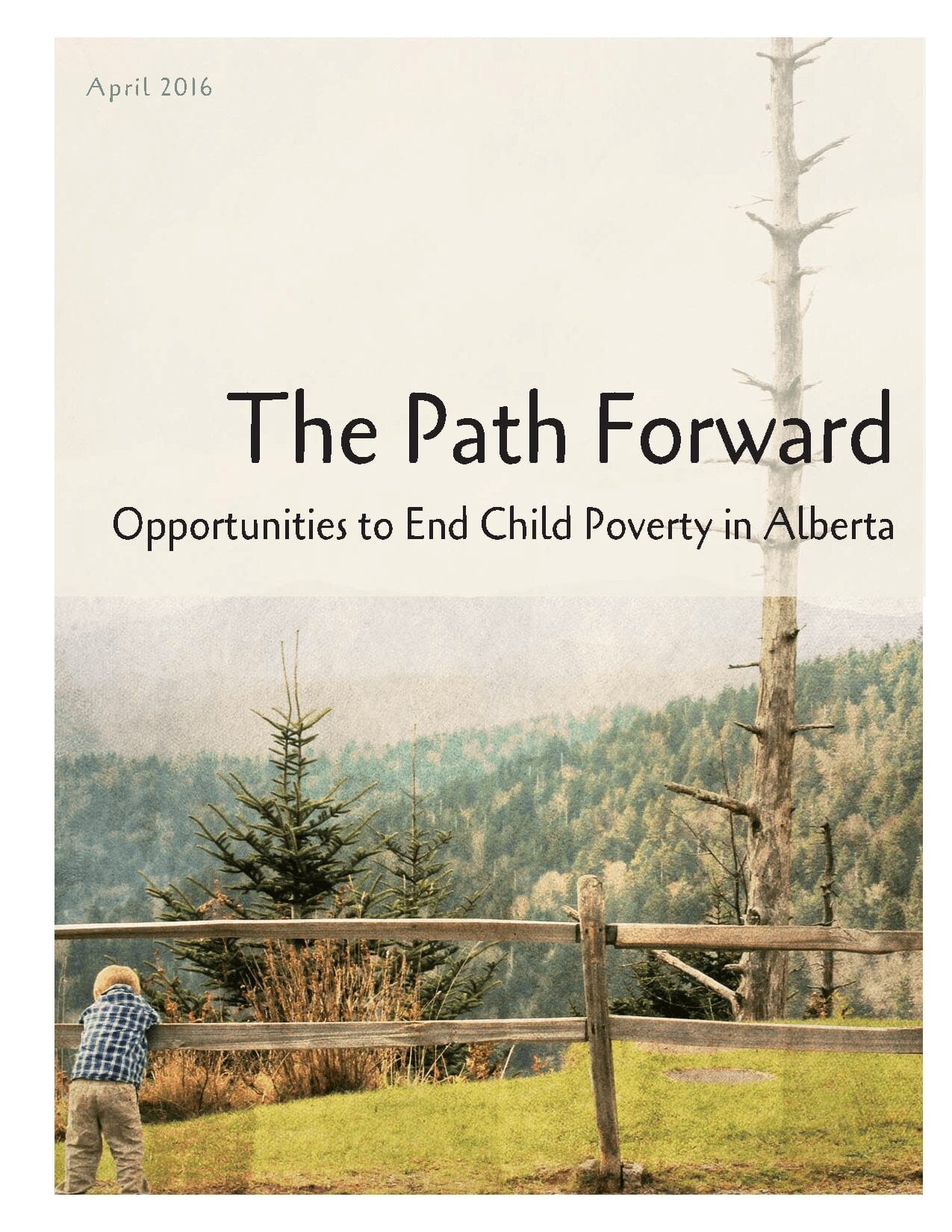
The past year has been one of dramatic political and economic change in Alberta.
There were changes in governments at the provincial and federal levels. Both Alberta’s economy and public finances are being negatively impacted by the collapse in energy prices with the prospect of only modest recovery in the foreseeable future.
Despite these challenges, the new Alberta government has made some promising investments in poverty reduction. Many of these investments have been championed by Alberta anti-poverty advocates for many years.
It will take more than money to end child poverty in this province. Yet, without additional investment in key solutions, the goal of ending child poverty will not be achieved.
This marks the fifth year of a collaboration between the Edmonton Social Planning Council, Public Interest Alberta, and the Alberta College of Social Workers. The purpose of this report is to do a checkup of child and family poverty in this province, and identify the most effective ways of ending it.
This report contains updated information on the extent of child and family poverty in Alberta. Data on child poverty numbers and rates in this year’s report is from compilations by Statistics Canada from tax returns filed by Alberta families.
ESPC Documents/PUBLICATIONS/A.06.C RESEARCH UPDATES/AlbertaPovertyReport2016.pdf


